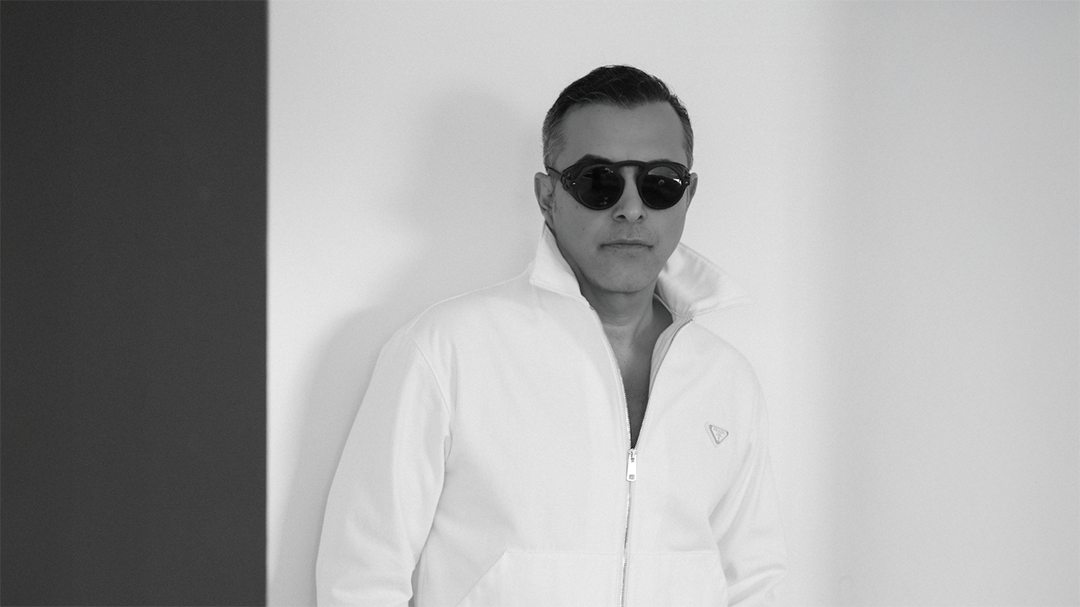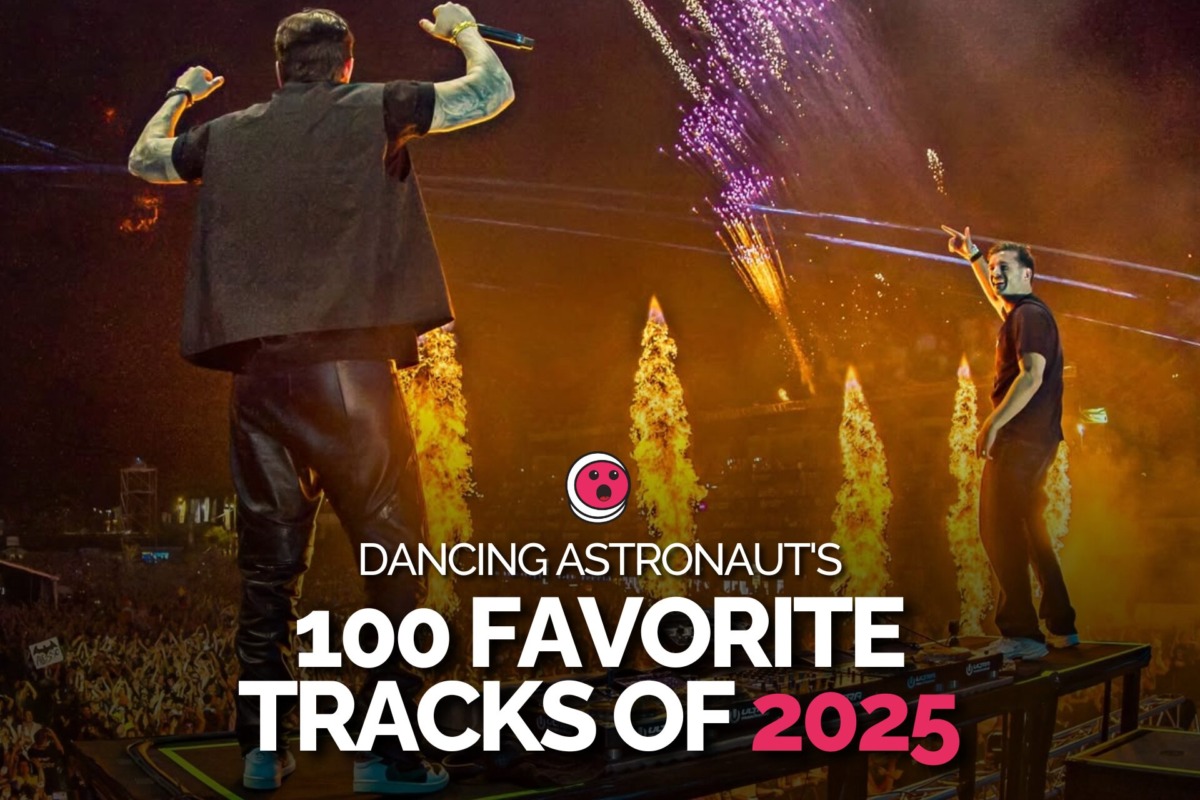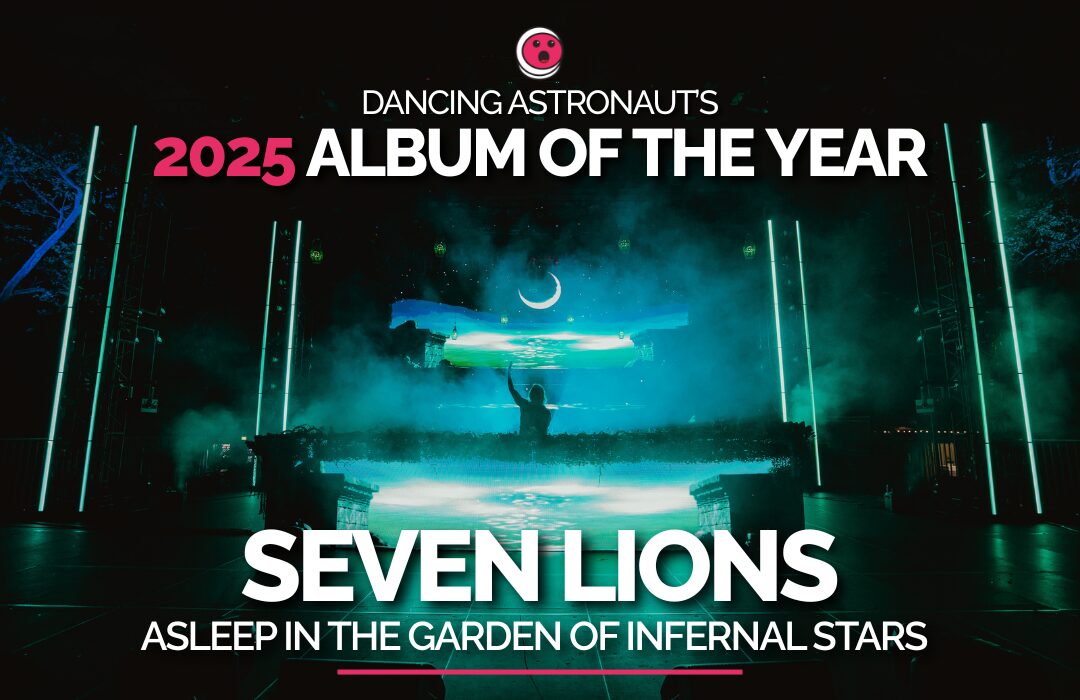Evangelion: 3.0+1.0 Thrice Upon a Time received a worldwide release this year and is purported to be the official ending to Neon Genesis Evangelion. This provides a conclusion to the film series, the story of Evangelion and possibly the entire franchise. However, this is only one of many endings. There are multiple tellings of Evangelion, all of them distinct from one another. In order to decide on the best ending, it's best to compare all Evangelion has to offer and draw a conclusion from there.
As things stand, Evangelion has four noteworthy versions of its narrative. The first is the original 1995 televised anime. Following that is a rewrite of the conclusion of the 1995 anime; a movie titled The End of Evangelion. Then there's the Rebuild of Evangelion film series, which started in 2007 and concluded in 2021. Finally, there's also a manga series that was written from 1994-2013 written by series character designer Yoshiyuki Sadamoto. Of course, deciding which version of the story has the best ending requires a look at what each of them does and what needs they may or may not satisfy.
The original 1995 anime ending comes in the form of a two-part finale. In it, the Human Instrumentality Project -- a plan to merge all human souls -- begins as Shinji and his comrades undergo an avant-garde, interview-style introspection. Throughout the interview, the main characters are completely fleshed out within the remaining time of the series. It concludes with Shinji Ikari learning to love himself and being congratulated by his peers for his self-actualization.
Tying up character arcs is fine, but this ending may come off as lackluster to some viewers. The interview stands in sharp contrast to the giant robot/monster fights that make the start of the series captivating. Furthermore, it doesn't wrap up any of the series' major plot points in a manner that makes sense, so audiences may well leave the series feeling confused and disappointed. This is the unfortunate result of the creators of the show using up their budget prematurely and having to improvise a cheaper ending. The finale of Neon Genesis Evangelion does the bare minimum in completing character arcs while falling short in showing action, tying up key themes and resolving major plot points.
Hideaki Anno attempts to rectify the finale of his anime with The End of Evangelion. Instead of focusing on Shinji's introspection, it starts with a Japanese Strategic Self-Defense Force raid on NERV to stop Gendo Ikari's plans and concludes with the initiation of the Third Impact, which literally reduces everyone to a primordial soup. Only Shinji and Asuka are left, although it's implied that anyone else can rematerialize should they will it.
Unlike the series, End of Evangelion concludes the narrative of Evangelion, delivers great action, and removes a decent amount of ambiguity. This is in addition to realizing the completion of Shinji's character arc through avant-garde visuals. The worst that can be said about this ending is that it's depressing to see so many beloved characters get killed off unceremoniously; however, this is primarily a matter of preference. This movie is likely the closest to Anno's original vision of the series, even if it's also the most bittersweet of all the endings.
The Evangelion manga gives a much kinder ending to its main characters. In the final chapter, reality is altered so that mankind is freed from the burden of the Evas, which are dismissed as a relic from a bygone era. Additionally, all the main characters are left alive to lead normal lives, with no relationship to or memory of one another.
However, the rest of the manga's narrative is so different from any other incarnation of Evangelion that it can be difficult to associate these characters with their anime counterparts. This is because the manga is penned by series character designer Yoshiyuki Sadamoto, who took complete creative liberty and crafted his own separate narrative. With this in mind, the validity of the manga ending as a true conclusion to Evangelion is debatable.
Finally, the Rebuild of Evangelion films likewise take creative liberty with the story, but this is more justified given that these liberties are taken by Hideaki Anno himself. The films veer from the original plot much sooner than any other story, which leads to a completely new ending. Thrice Upon a Time erases Evas from existence entirely and features adult versions of Shinji and co. living happily ever after. This finale provides complete character arcs for everyone, a good amount of action and a satisfying conclusion thanks to Anno's new take on his own story.
Deciding which ending is the 'true' ending is entirely up to the discretion of the fans. Each viewer must decide for themselves what they want out of their finale, which version delivers best on it and how the other endings measure up by comparison. However, at this point, it can at least be said that there are enough endings to satisfy pretty much everyone.
About The Author

